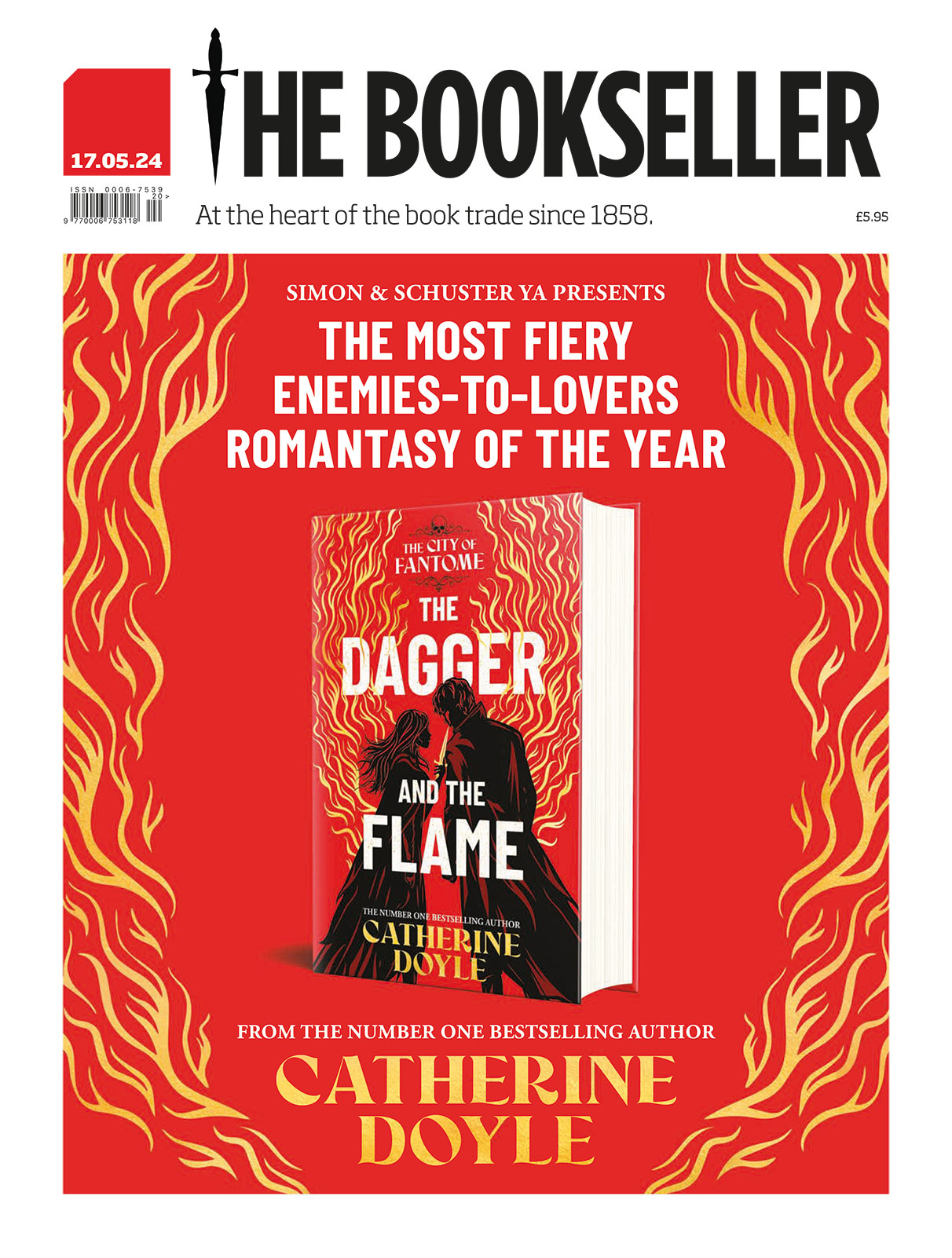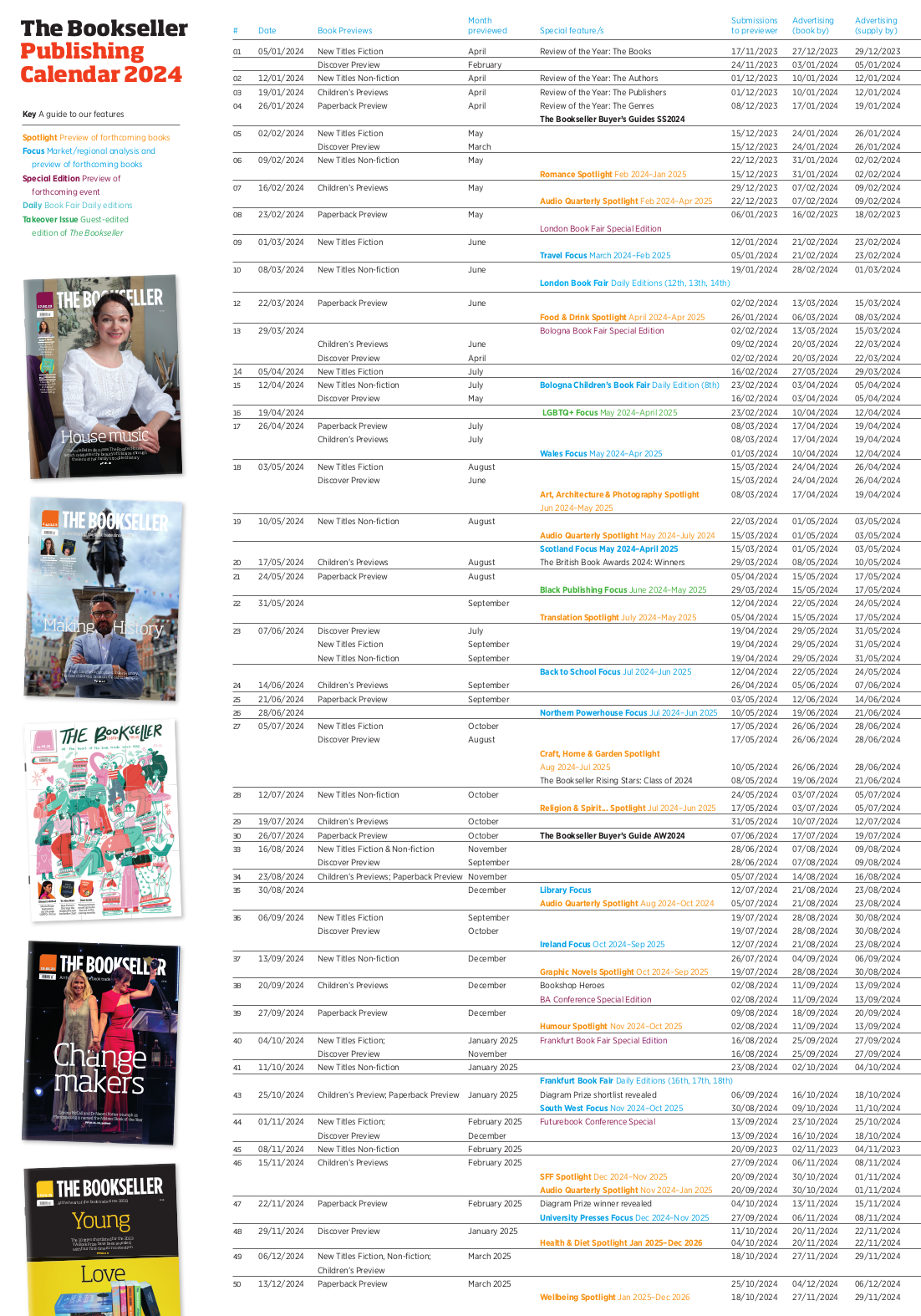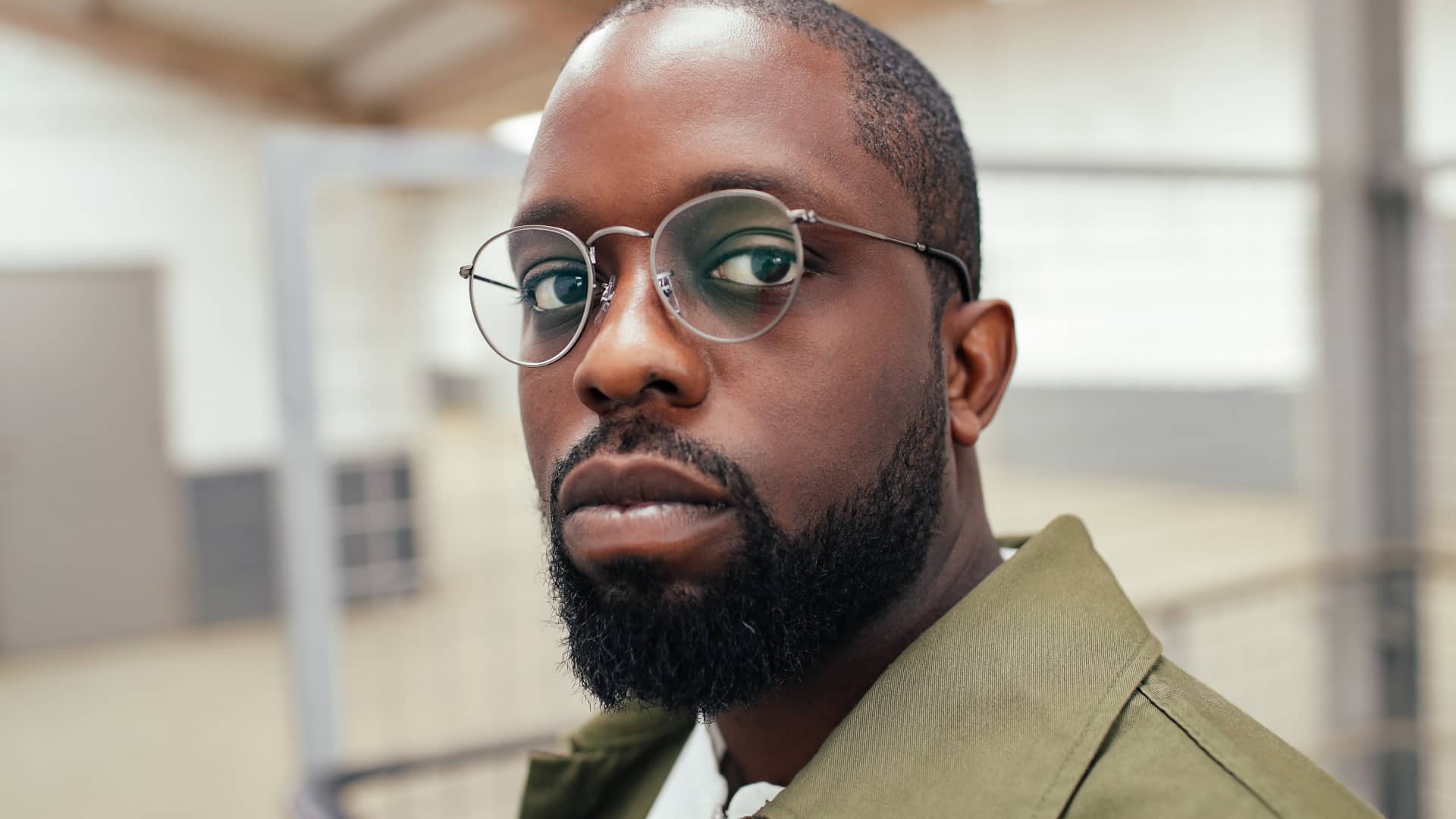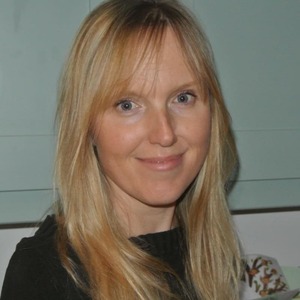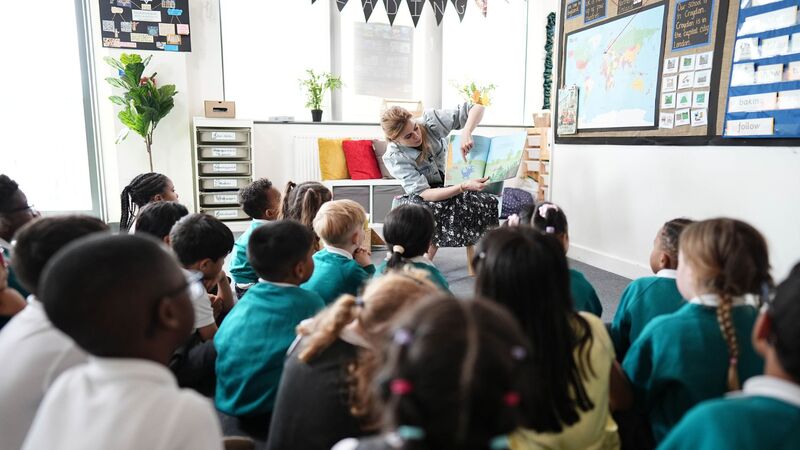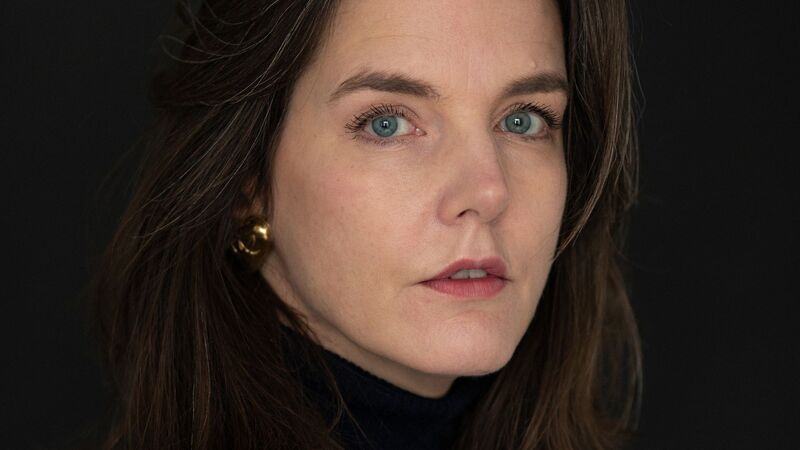You are viewing your 1 free article this month. Login to read more articles.
Femi Fadugba | 'The best way to get broad creativity is to narrow the confines around it'
Femi Fadugba’s time-travelling début has already been picked up by Netflix, which is adapting his book into a film starring recent Oscar winner Daniel Kaluuya
"All may mates thought I was a total weirdo: (A) because I was reading a (B) because I was reading about relativity and time travel." So says Femi Fadugba of his 12-year-old self, as he talks to me on a video call from Peckham, south London. His Young Adult début is the ambitious and highly addictive sci-fi thriller The Upper World; it will be published this August by Penguin, which scored the deal in a heated 15-way auction. A Netflix film will follow, produced by and starring recent Oscar winner Daniel Kaluuya. I’m curious to know how an Oxford-educated physicist has become one of the hottest names in the book world.
The Upper World follows a two storyline plot, intertwining time-travel physics into a high-stakes, life or death thriller. In 2020, Esso is a teenage boy experiencing a swiftly escalating vortex of trouble over the course of a single day, from the ordinary—impressing a girl, trying to do OK at school—to becoming caught up in a violent feud, just by being associated with certain people. In many ways, explains Fadugba, “Esso is all the things that every kid has a right to be, but he just gets put in a situation where he very quickly has to grow up.” When he is hit by a car, Esso finds he can access a mysterious world and see glimpses of the past and future. In the high-surveillance London of 2035, Rhia is a girl in foster care. If Esso’s big issue is not taking life seriously enough, then Rhia is perhaps the opposite, trying to earn love and approval through tutoring and playing football very seriously. “It’s only when those things are stripped away from her,” Fadugba tells me, “that she realises that house was always built on sand and she has to find within herself proper sources of solidity and joy that are more enduring”. He tried to set them up as opposing energies, noting that “both of these people I have been at different stages in my teenage life”. When the two strands collide, Esso and Rhia must work together to master the secrets of the Upper World and seize control of their destinies.
Moving on from the past
The theory of relativity and time-travel science may drive the incredibly tense and compelling plot, but it is Fadugba’s skill in weaving this around complex characters and a very powerful human story that makes The Upper World so special. This is also a story of identity, fate and free will. How do we move on from the pain of the past and create hope for the future? “Time is a great motif for storytelling because it’s a metaphor for so many things in life,” says Fadugba. “Ninety-nine per cent of human stress is a function of the fact that we’re not very good time travellers. We spend so much of our mental time in the past regretting things and wishing we could reshape them, even though it’s past and immaterial now. So much time trying to figure out how to mould the future when we actually have very little control over it.”
Fadugba’s early passion for physics led him to study Material Sciences at Oxford, followed by a Masters in Quantum Computing. “Writing equations all day, that was my writing experience,” he quips. He left academia behind to do more practical work in consulting and solar energy, but was preoccupied by the idea of making physics more accessible. “I discovered both physics and my identity as a teenager, so I was definitely keen to enable kids to have an opportunity to get exposed to some of these concepts around the same age.” His enthusiasm is completely infectious: he recalls the simple but mind-blowing fact that for every grain of sand on Earth there are 10,000 stars. “If you aren’t told things like that, you can grow up not realising how mysterious and miraculous the world we live in is. I wanted to show some of the street stuff, because that’s real life, but I also wanted to show the otherworldly stuff because that’s real life as well.”
Following the Toni Morrison mantra “if there’s a book that you want to read, but it hasn’t been written yet, then you must write it”, he taught himself to write from scratch, reading books on how to write a novel and joining a writers’ group. He credits Oxford with giving him an “amateur’s confidence” to try new things, and because he didn’t see himself as a “writer” he didn’t feel under pressure. “I think I benefited from coming in a bit raw, because there is so much self-doubt in the writing process that will kill you at every opportunity.”
A début involving time-travel is certainly ambitious—he admits to using a lot of spreadsheets in the writing process—but this was all part of the challenge. “You just have to know that cause and effect is a real thing,” he asserts. “The best way to get broad creativity is to narrow the confines around it. In many ways, having knowledge of the physics creates some guard rails, some very clear rules. Stay in this lane, but within this lane you can go crazy.” Writing a book that young people would connect with was key. “I wanted to write the kind of book that younger me wouldn’t have been able to put down.” He listened to drum and bass and grime music as he wrote, inspired by the vivid storytelling in the music and keen to engage with that audience. “It’s my, ‘Hey, what’s up?’ to that group of people. I’ve tried not to be too preachy, but more like, ‘I see you, I hope you dig this as well.’”
Life-changing deal
British-Nigerian Fadugba spent most of his childhood between a triangle of boarding school in the English countryside, holidays with his aunt in Peckham, or with his parents in Africa, where his father worked as an interpreter for the UN. This has left him, he laughs, with something of an identity crisis. This feeling of duality was compounded when he visited the House of Commons to receive an award for his physics work, coming home to Peckham later that night to the news that a teenage boy had been stabbed on a local estate.
This sense of two completely different worlds, just minutes apart, further fuelled the idea of combining time travel with the everyday story of a teenage boy. Even now, he may have signed life-changing publishing and film deals, but “it’s weird because I’m still in the spare room of my aunt’s house in Peckham”. He is now fully focused on writing, working on a sequel which will look both before and after the events of The Upper World, hooked this time around concepts of quantum mechanics.
Then there are meetings with Kaluuya and the Netflix team, in his role as executive producer on the film adaptation. He calls the past year a wild experience. “It’s been surreal, awesome and overwhelming all at the same time. I don’t think I’ve fully absorbed it.”
Book extract
There are at least a thousand projections around me, and those are only the ones close enough to see. I jog to one a few metres along.
It’s night. This time the air comes with a light scent of . . . fried chicken ?
Filling one corner of my vision is the orange surfboard that sits on top of Peckham Library. I’m in a narrow alleyway —it feels weirdly familiar, but I can’t place it; it’s too dark.
A hailstone bounces off my cheek and cracks in two on the concrete, and I look up to a sky brimming with them. Bigger ones crash down, faster by the second.
Through the static blur, I make out a face: D’s. He’s got a plaster across his cheekbone. He’s pressing forward. He looks destroyed, ready to destroy. I catch Bloodshed jogging in behind him.
They’re cornering me.
After falling out of this hologram, I land hard on my back. OK, that one definitely felt more like a nightmare.
Lying in the dirt, I struggle to fit together the pieces. The BBC weather lady did mention a “freak hailstorm” would be hitting London on Friday. That, at least, explains why my subconscious dropped hail into my dreams. And my ongoing beef with D and Bloodshed obviously explains why they showed up. But why here? Why now?

